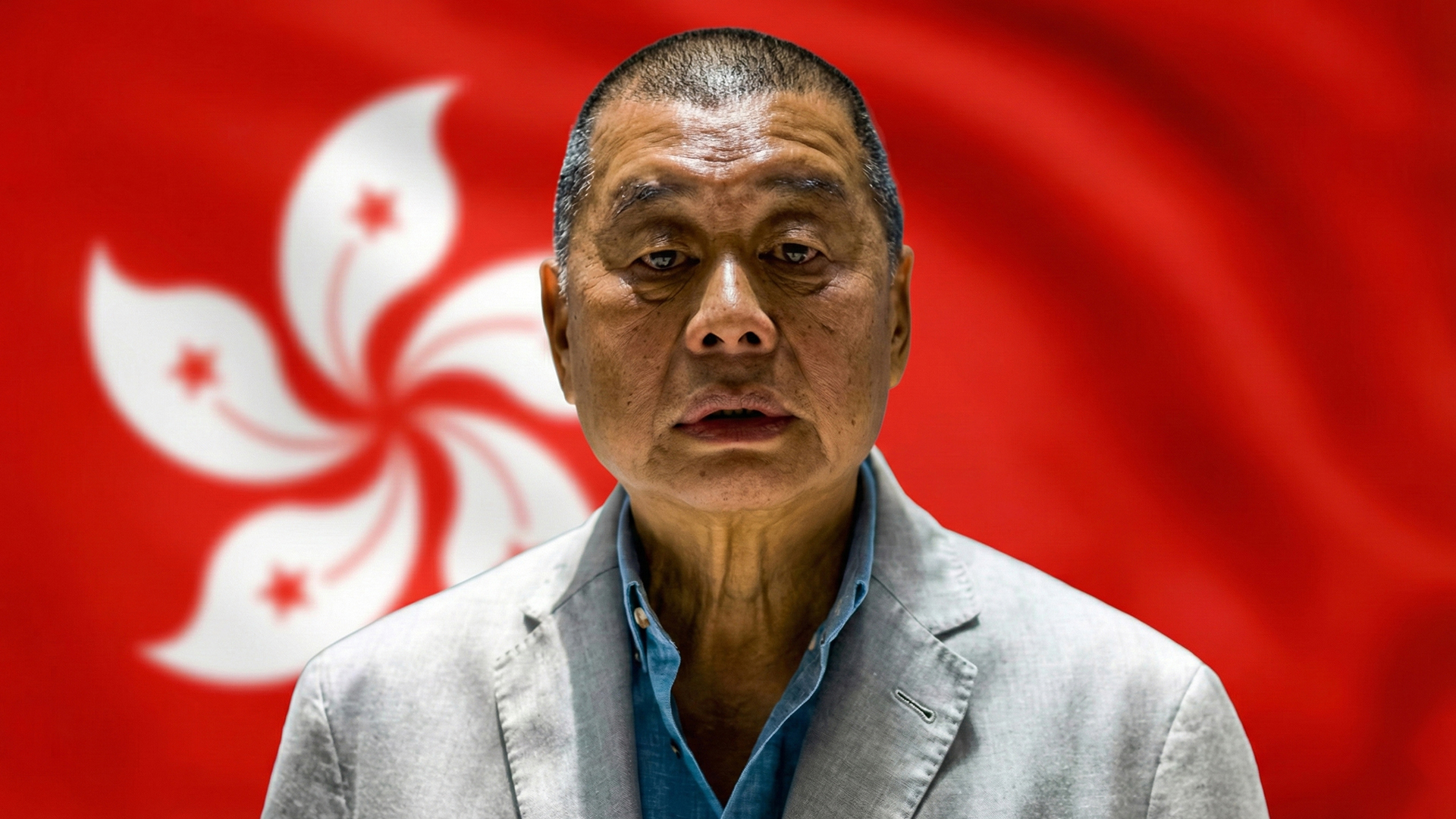BY BYRON NEALE
Donald Trump has rarely tolerated losing face. And yet, that’s exactly where he finds himself in the escalating standoff with India. After levying a brutal 50 percent tariff on Indian exports—first as “reciprocal” punishment, then as a chokehold tied to India’s continued purchase of discounted Russian oil—US President Trump expected India’s Prime Minister to blink. Instead, Narendra Modi doubled down, presenting calm defiance on the global stage and quietly rallying domestic industry to withstand the economic shock.
For Trump, this isn’t just about trade. It’s about control, optics and power. And now, with little leverage left on the tariff front and major US companies warning of blowback, his circle may be eyeing a darker, quieter lever: Adani.
The Adani Group, a sprawling conglomerate with major interests in India and abroad across energy, infrastructure and logistics, has long lived with controversy. In early 2025, Adani emissaries reportedly lobbied Trump administration officials in Washington, seeking to ease ongoing probes by the US Department of Justice and the US Securities and Exchange Commission. The probes had been initiated on the back of indictments secured by the outgoing Biden administration.
When Trump took office, the DoJ seemed uninterested in pushing the matter, signalling a transactional détente. But now, if Trump decides that Modi needs to be shown his place—or that his own narrative needs a hard pivot—resurrecting those dormant investigations could serve both aims. The DoJ and SEC hold the tools. All Trump needs right now is a motive, and the standoff with Modi may be all the provocation he requires.
It wouldn’t be the first time Trump has used institutions like bludgeons. During his first presidency, he consistently blurred the lines between legal authority and political strategy. If he believes that targeting Adani—a company closely linked to Modi’s domestic economic vision—can create pressure, it would align perfectly with his style: indirect, deniable and devastatingly effective.
This tactic would be more than symbolic. Adani is one of India’s most internationally exposed conglomerates. A wave of legal messages, subpoenas or enforcement actions from the DoJ or SEC could rattle investor confidence, slow infrastructure deals involving US companies and shift the conversation in India’s policy circles. If the Indian government sees Trump’s pressure campaign not as bluster but as credible economic sabotage, it may be forced to recalculate its defiant posture.
The problem for Trump is that India isn’t without counters. Modi has already moved swiftly to cushion the blow of US tariffs by slashing domestic taxes and removing key barriers to trade with other partners. And he could go further. India could pull policy levers that make life more difficult for American companies operating in its increasingly critical market. Big Tech, for instance, has benefited massively from India’s deregulation push. A significant portion of Apple’s global iPhone supply flows from India. Google is building its largest Asia-based data centre in Andhra Pradesh. Meta’s WhatsApp has woven itself into the fabric of Indian commerce and communication. IBM, Intel and others have integrated India into their strategic roadmaps.
These giant corporations have bet on India as a hedge against China. If Trump continues to antagonize Delhi and Indian policymakers decide to retaliate, these same firms could find themselves collateral damage in a larger geopolitical realignment. Even tiny regulatory shifts—around data localization, taxation or content moderation—could cost billions. And the threat of boycotts of US products and services, whipped up by nationalistic fervour, looms larger every week.
There’s another twist Trump may not have considered. For years, India kept TikTok out of its market, citing national security and data privacy. But if relations with Washington sour further, India might welcome the Chinese app’s return—not as a policy reversal, but as a message. If the US wants to play hardball, India has plenty of balls to throw.
What Trump risks, ultimately, is driving India further into the arms of China, Russia and the BRICS economic bloc, where Modi can leverage partnerships without the constant threat of humiliation. That would mark a strategic failure of historic proportions—undermining a decades-long US effort to pull India closer into its sphere of influence.
But Trump rarely thinks in terms of alliances or long games. He thinks in headlines, in wins and losses. And right now, he’s losing. If he listens to his most hawkish advisors, he might reach for the regulatory equivalent of a drone strike—reviving the Adani investigations as a show of force.
If Trump chooses to do so, the fallout won’t stop in Delhi. It’ll land squarely on Cupertino, Mountain View and Menlo Park. Because in today’s economy, punishing India is punishing American business. And using Adani as a pressure point might end up squeezing the wrong neck.
Also Read: Trump Reaffirms Close Ties with Modi Amid Trade Tensions






